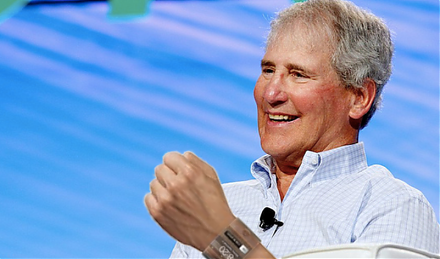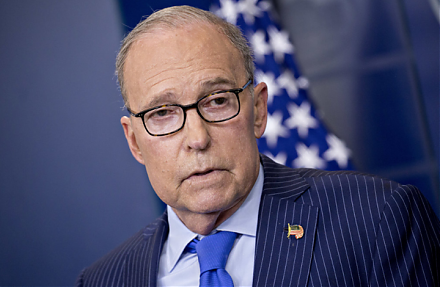

2018-08-25 12:33:00 Sat ET
technology antitrust competition bilateral trade free trade fair trade trade agreement trade surplus trade deficit multilateralism neoliberalism world trade organization regulation public utility current account compliance
President Trump warns Google, Facebook, and Twitter that these tech titans now tread on troublesome territory. Specifically, Trump accuses Google of rigging web search results for Trump news stories in the form of partisan biases against him. Anecdotal evidence suggests that Google tends to present more aggressive left-wing news stories from CNN, CNBC, Bloomberg, TIME, Reuters, Washington Post, New York Times, and so forth (but not from right-wing outlets such as Fox, Forbes, Wall Street Journal, and National Review). As Google now controls about 90% of U.S. Internet search traffic, this search engine has become substantially close to a tech monopoly. Google's current online search market dominance may cause anti-competitive ripple effects on several other search engines such as Bing, Baidu, and Yahoo. In recent times, several tech observers and commentators predict that Google may become the next Microsoft in antitrust lawsuits.
Facebook CEO Zuckerberg testifies and survives the key U.S. congressional Q&A ordeal in April 2018, but now the social media platform experiences sharp share price and profit declines in August 2018.
These platform orchestrators have become so powerful and influential nowadays that the Trump administration either has to break up these tech titans or needs to heavily regulate them.
In the former case, the parent company Alphabet may spin off its most profitable subsidiary Google to deflect draconian regulatory fines and penalties. In fact, the European Union imposes a punitive fine on Google's tax avoidance, but this fine amounts to about its one-off one-month average net profit in Europe.
In the latter case, the Trump administration may regulate Google, Facebook, and Twitter as social media firms or Internet publishers that specialize in online content curation. The heavy hand can come in the form of new regulatory standards for attempting to deter fake news, partisan biases, and even key risks of exposure to foreign interference.
However, raising the bar inadvertently erects barriers to entry and then further reinforces their technological dominance. The law of inadvertent consequences counsels caution in the midst of substantial economic policy uncertainty under the Trump administration.
If any of our AYA Analytica financial health memos (FHM), blog posts, ebooks, newsletters, and notifications etc, or any other form of online content curation, involves potential copyright concerns, please feel free to contact us at service@ayafintech.network so that we can remove relevant content in response to any such request within a reasonable time frame.
2025-10-31 12:26:00 Friday ET

With respect to wider weight loss treatment and obesity treatment, the global market for GLP-1 medications now grows substantially to benefit more than 1 bi
2019-04-19 12:35:00 Friday ET

Federal Reserve proposes to revamp post-crisis rules for U.S. banks. The current proposals would prescribe materially less strict requirements for community
2020-11-03 08:30:00 Tuesday ET

Agile lean enterprises break down organizational silos to promote smart collaboration for better profitability and customer loyalty. Heidi Gardner (2017
2019-12-16 11:37:00 Monday ET

America and China cannot decouple decades of long-term collaboration in trade, finance, and technology. In recent times, some economists claim that China ma
2017-12-23 10:40:00 Saturday ET

Despite having way more responsibility than anyone else, top business titans such as Warren Buffett, Charlie Munger, and Oprah Winfrey often step away from
2018-05-01 11:38:00 Tuesday ET

America and China play the game of chicken over trade and technology, whereas, most market observers and economic media commentators hope the Trump team to